Do hotels check your bags? Answer is – Hotels generally reserve the right to check bags but don’t always do so as a standard practice. They’re more likely to have bag checks in place if there’s a specific security concern, a suspicion of illegal activity, or to enforce hotel policies such as prohibiting outside food or drink.
Summary
- Hotels have the right to check bags for security and to uphold their policies.
- Bag checks are not routine in most hotels but may happen under specific circumstances.
- Reasons for a bag check could include suspicion of wrongdoing, security alerts, or policy violations.
- If a hotel requests a bag check, guests generally must comply or risk being asked to leave.
- Knowing your rights and understanding hotel policies can help you prepare for potential bag checks.
Do hotels check your bags?
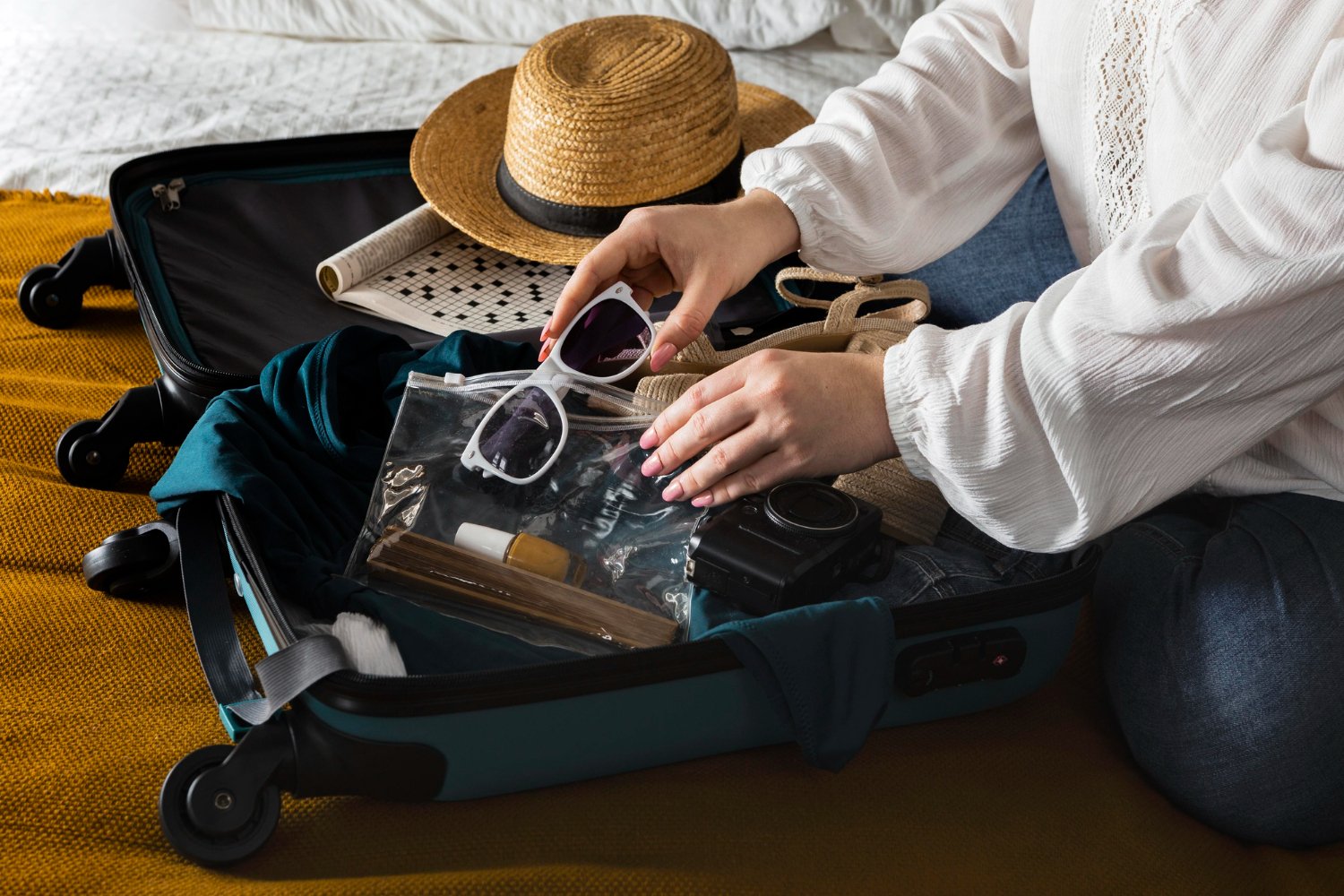
The question of whether hotels check your bags can raise a mix of curiosity and concern for travelers. On one hand, there’s an understanding that hotels prioritize the safety of their guests and property. On the other hand, nobody wants to feel their privacy is being unnecessarily invaded.
Striking that balance between security and guest comfort is where things get interesting. Let’s delve into why bag checks might happen and explore the legal framework surrounding a hotel’s right to search luggage.
Why bag checks are a point of interest for travelers
Our luggage often contains more than just clothes and toiletries. It can hold personal belongings, valuables, and potentially even sensitive or confidential items. The idea of someone inspecting these possessions can be unsettling.
Moreover, the concept of a bag check can trigger different worries for different travelers:
Security-conscious individuals: Many appreciate proactive security measures and see bag checks as a sign of vigilance.
Privacy-minded travelers: These guests may feel uneasy about having their belongings scrutinized, particularly if they carry personal or sensitive items.
Worried about potential delays: Some travelers may simply be concerned about the time a bag check can add to their arrival or departure process.
Sarah Parsons Expert Opinion
“Balancing guest privacy with hotel security is a delicate act. Understanding the legal landscape surrounding this issue can help both guests and hoteliers navigate these situations with greater clarity, and less conflict.” – Sarah Parsons, Hospitality Law Specialist
Overview of a hotel’s right to search luggage
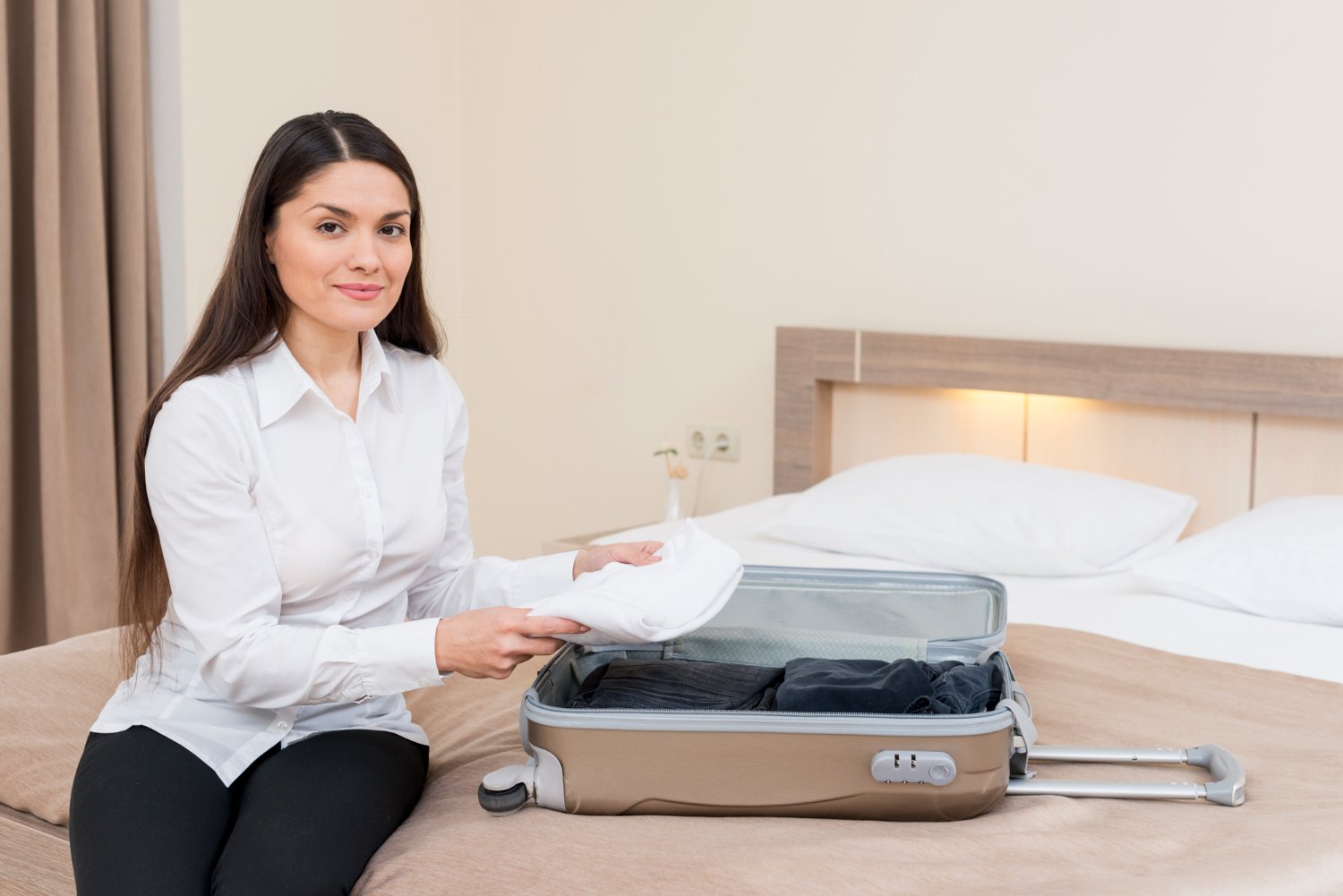
It’s important to establish that in most jurisdictions, hotels do have the right to inspect guest luggage under certain circumstances. This right generally stems from these core concepts:
Innkeeper’s Lien: Historically, innkeepers (which include hotels) have held a ‘lien’ over guests’ property as security for unpaid bills. This lien has evolved over time, but a component of it gives hotels limited rights to inspect belongings if needed.
Property Rights: Hotels are private businesses and can set reasonable rules for the use of their premises. This can include policies about prohibited items or security inspections.
Duty of Care: Hotels have a responsibility to take reasonable measures to protect guests and staff. If there’s a genuine concern about safety (suspicious items, threats, etc.), this duty of care can override some aspects of guest privacy.
Do Hotels Check Your Bags?
The short answer is: hotels generally reserve the right to check bags but don’t routinely do so. While bag checks aren’t a standard part of the check-in process for most hotels, there are distinct situations where they might occur.
1. Situations When Hotels Might Check Bags
Security concerns or threats: If a hotel receives a credible security alert, either general or guest-specific, they may implement bag checks. This could be triggered by reports of suspicious items, threatening behavior, or during large events with elevated security needs.
Suspected illegal activity: If hotel staff have reasonable suspicion that a guest is engaging in illegal activities (e.g., drug use, theft, etc.), they may call upon law enforcement officials or conduct their own inspection in tandem with the police.
Enforcement of hotel policies: Many hotels have policies in place regarding things like outside food and beverages, unregistered guests, or prohibited items such as weapons. If staff suspect a policy violation, they might request a bag check to confirm.
High-profile events or heightened security situations: During major events at the hotel or in the surrounding area (political conferences, concerts, etc.), hotels might increase security measures, including more frequent bag checks. Likewise, in times of increased security risk worldwide, some hotels may proactively tighten their procedures.
James McBride Expert Opinion
“While routine bag checks aren’t the norm, it’s important for travelers to recognize that hotels take security seriously. Being aware of the scenarios that might trigger a search can help you avoid unnecessary surprises.” – James McBride, Hotel Security Consultant & Former Law Enforcement Officer
2. How Bag Checks Are Typically Conducted
The way a hotel conducts a bag check can vary depending on the circumstances and the level of concern:
Visual Inspection: The most basic form of a check involves a staff member (often security personnel) taking a visual look at your luggage as you enter, or perhaps when you leave your bags with the bellhop.
Request to Open Bags: If the initial inspection raises any flags, a hotel staff member may politely ask you to open your bags for further examination. They might be looking for specific items, or simply verifying there’s nothing obviously prohibited.
Use of Scanners or Detection Dogs (less common): In high-security situations or large-scale operations, hotels may utilize X-ray scanners similar to those in airports. In rare cases, they might bring in specially trained dogs to detect things like explosives or narcotics.
Your Rights as a Guest
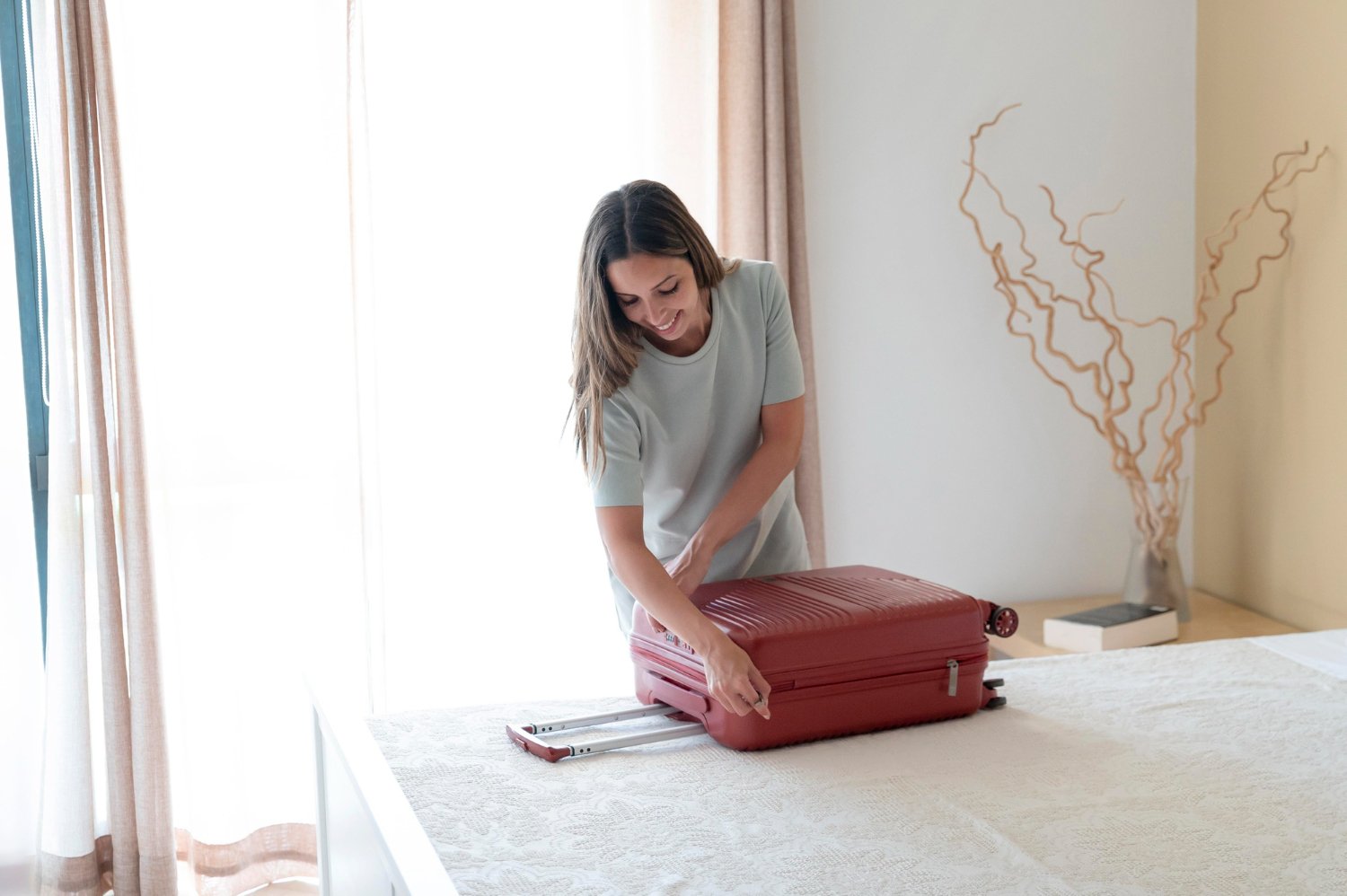
While hotels have legitimate reasons to conduct bag checks under certain circumstances, it’s essential to remember that you also have rights as a paying guest. Understanding these rights will help you navigate any potential bag searches with greater confidence and clarity.
1. The Limits of Hotel Searches
Searches must be reasonable: Hotels cannot conduct arbitrary or overly intrusive searches. Their actions must be reasonably related to a specific security concern, policy violation, or suspected illegal activity. A full-scale room search due to a minor noise complaint, for instance, would likely be deemed excessive.
Hotels cannot violate privacy laws: Despite the innkeepers’ lien tradition, hotels must still adhere to privacy laws within the jurisdiction. They cannot, for instance, rummage through your personal papers or electronic devices without a very strong justification (which typically would involve law enforcement involvement).
Emily Dawson Expert Opinion
“Guests have the right to expect a certain level of privacy when staying in a hotel. While hotels can take security measures, they must do so within the bounds of the law and with respect for their guests’ rights.” – Emily Dawson, Attorney specializing in Consumer Rights
2. What to Do If a Hotel Wants to Check Your Bags
If you encounter a situation where a hotel requests to check your bags, here are the best ways to approach it:
Understanding the reason for the search: Calmly ask the hotel staff why they’d like to inspect your luggage. Is it due to a general security alert, a suspected policy violation, or something else? Understanding the reason will help you assess the situation better.
Politely asking questions: Don’t hesitate to ask clarifying questions. What specifically are they looking for? How will the search be conducted? Being informed helps alleviate some of the uncertainty.
Knowing when it’s appropriate to refuse (rare situations): In most cases, it’s advisable to cooperate with a bag check. However, if you believe the search is truly unreasonable or infringes upon your rights, you can politely decline. Be prepared that the hotel might then ask you to leave the premises. It’s a good idea to familiarize yourself with your local laws beforehand, and if necessary, consult an attorney.
Preventing Unnecessary Bag Checks
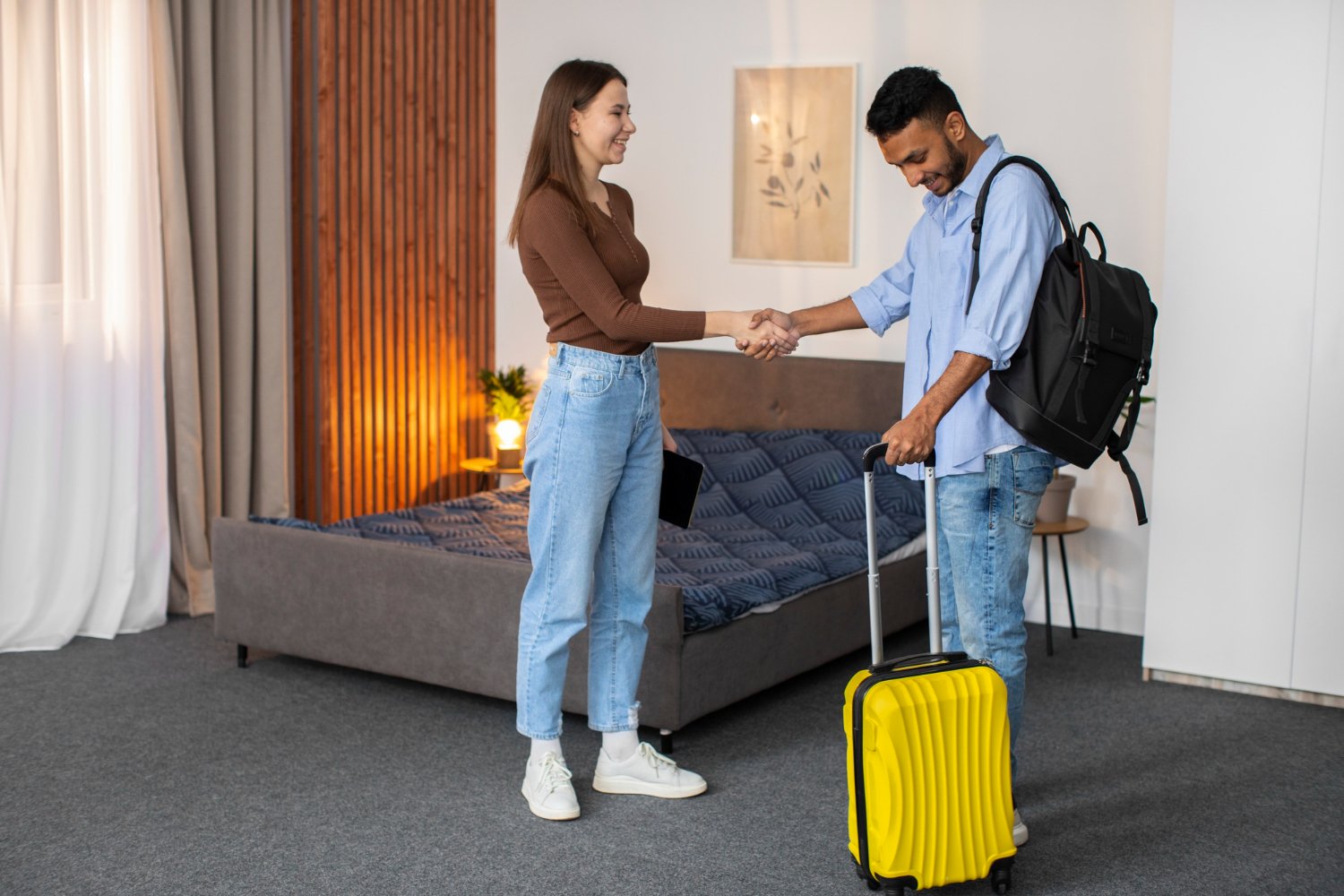
While there’s no foolproof way to entirely eliminate the possibility of a bag check, being prepared and considerate can go a long way in reducing the likelihood. Here’s how:
1. Be Aware of Hotel Policies
Before you even arrive, take the time to familiarize yourself with the hotel’s rules. Check their website or call ahead to inquire about policies regarding things like:
- Outside food and beverages: Many hotels either prohibit them or charge a fee.
- Guest registration: Some hotels have strict rules about visitors.
- Prohibited items: Weapons, obviously, are a no-go, but some hotels might have additional restrictions.
Knowing the rules in advance helps you pack accordingly and avoids potential red flags.
2. Pack Smartly and Avoid Suspicious Items
Think carefully about what you pack and how you present it. Here are a few tips:
Keep it organized: Neatly packed luggage is less likely to raise eyebrows than a chaotic jumble of items.
Avoid questionable items: Leave the replica weapons, science experiment supplies, or anything else that could be easily misconstrued at home.
Explain necessary items: If you must travel with something unusual (medical equipment, etc.), a quick note to the hotel in advance or a brief explanation at check-in can ease concerns.
3. Be Respectful of Hotel Staff and Security Procedures
Understand that hotel security personnel have a job to do. Treat them with courtesy and cooperate with reasonable requests. Here’s how to demonstrate respect:
Follow instructions: If they ask to glance at your bag, allow them to do so without making a fuss.
Speak calmly: Frustration is understandable, but raising your voice or becoming argumentative won’t help.
Recognize their authority: Unless you have a truly compelling reason, refusing a bag search may result in the hotel asking you to leave.
Lisa Porter Expert Opinion
“Most hotel staff don’t want to search your bags any more than you want them searched. A little common sense and courtesy on the guest’s part go a long way in preventing those uncomfortable situations.” – Lisa Porter, Hotel General Manager (15+ years experience)
What Does It Mean If a Hotel Checks Your Bags?
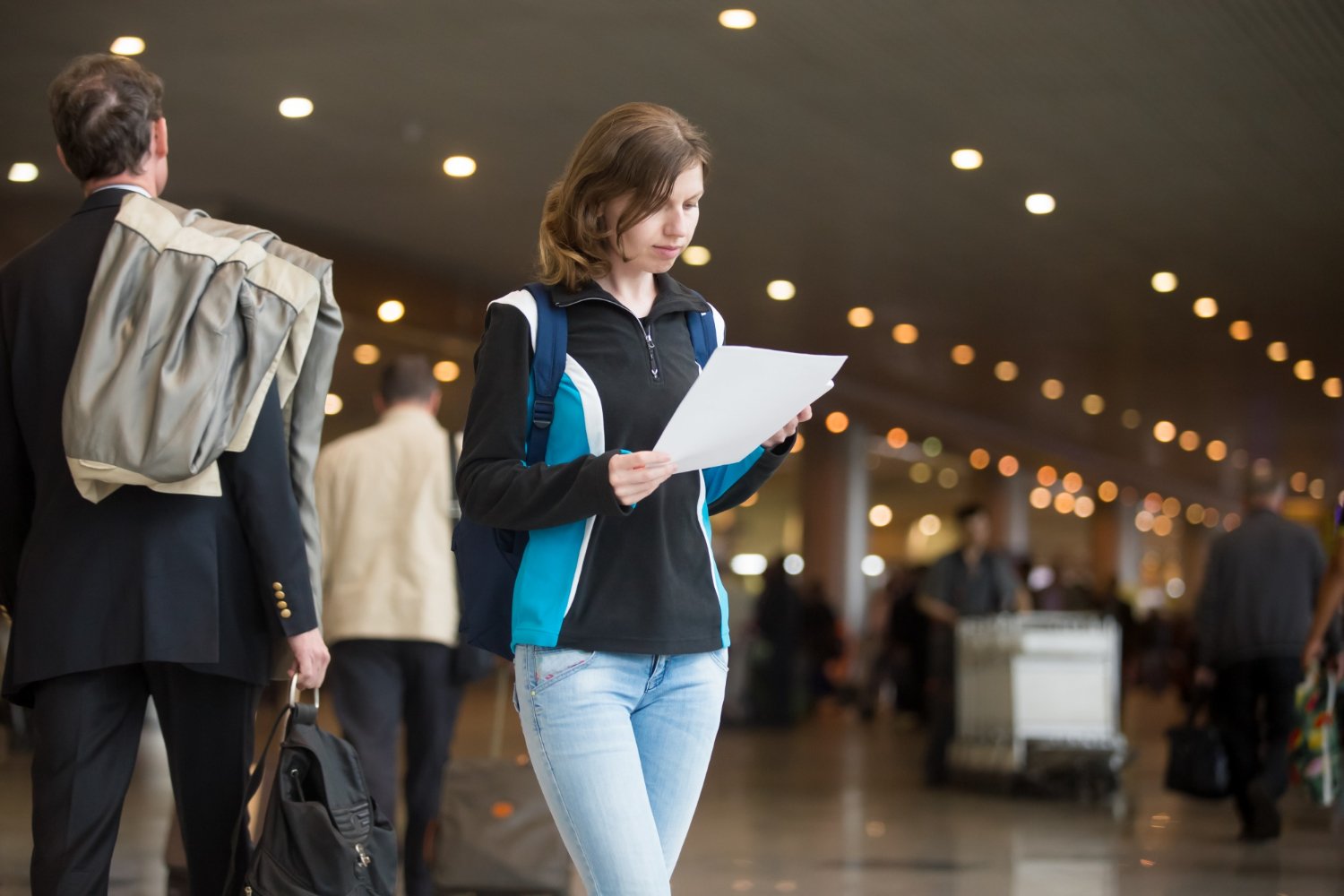
A hotel bag check, while sometimes unsettling, doesn’t necessarily mean you’re in serious trouble. Here’s why:
1. Not Always a Sign of Trouble
Bag checks can be part of routine security procedures, especially during busy periods or when a hotel is hosting a high-profile event. They might even be random spot-checks. Don’t immediately assume you’ve been singled out.
2. Could Indicate a Specific Concern
Perhaps the hotel received a general security alert about the area, there was a report of suspicious activity in the vicinity, or your bags simply looked unusual at a glance. Often, a check is the quickest way to confirm there’s nothing amiss.
3. Opportunity to Clarify Misunderstandings
If the bag check is due to a suspected policy violation (e.g., the staff thought they smelled food from your luggage), this is your chance to explain. Perhaps you have a strong-smelling snack, or it’s a souvenir you purchased. Clearing up the confusion can quickly resolve the issue.
Mark Cooper Expert Opinion
“A hotel bag check isn’t necessarily an accusation. Often, it’s a simple precaution or the result of a mixed signal. Guests who remain calm and cooperative can usually get any questions resolved swiftly.” – Mark Cooper, Former Hotel Security Director turned Hospitality Consultant
How to Interpret the Situation
Keep an eye out for a few cues to assess whether the check is likely routine or if it indicates something more serious:
Demeanor of the staff: Are they apologetic while explaining the reason for the search, or are they stern and accusatory? The former likely points to a standard procedure, the latter may mean there’s a genuine concern.
Scope of the search: A quick glance into an open bag is very different from a meticulous unpacking of your belongings. A more invasive search could imply they’re looking for something very specific.
Follow-up questions: Do they ask about the contents of your bags or your activities? Simple verification is one thing, but probing personal questions may suggest a deeper investigation.
Important Things to Remember
- You Have Rights: Even if a bag check is underway, you still have a right to be treated respectfully and to have your privacy protected within reasonable limits.
- Cooperation is Key: In most cases, it’s wiser to comply with the search calmly and ask clarifying questions than to become confrontational.
- Don’t Panic: Jumping to conclusions will only increase your anxiety. Take a moment to assess the situation before reacting.
Ultimately, while a bag check can be a hassle, understanding the ‘why’ behind it can ease your mind. Keep these things in perspective, and most likely you’ll find it’s resolved without any major drama.
Conclusion
Hotel bag checks, while not a favorite experience for any traveler, are a reality that hotels sometimes employ to ensure the safety and security of their guests and property.
The key takeaway is that understanding both your rights and the reasons behind these checks can empower you to navigate those situations with less stress.
Here’s a recap of the most important points we’ve covered:
- Hotels generally have the right to check bags, but it’s not standard practice.
- Security concerns, policy enforcement, and heightened security situations are the most common triggers.
- You have rights, so remain respectful but don’t hesitate to ask questions and know when a refusal might be justified (rarely).
- Being proactive with smart packing and awareness of hotel rules can minimize unnecessary checks.
- A bag check isn’t always a sign of wrongdoing, it could be a simple precaution.
FAQs
Q: Can I refuse a hotel bag check?
Technically yes, but it’s not usually advisable. Refusal could result in the hotel asking you to leave the premises. It’s better to cooperate and then potentially consult an attorney afterward if you truly believe your rights were violated.
Q: Are hotels allowed to search my personal belongings?
Hotels must respect privacy laws. They can generally ask you to open bags, but rummaging through personal papers or electronic devices without strong legal cause is likely an overreach.
Q: What if I believe a bag search was discriminatory?
Document the incident as thoroughly as possible (names, dates, description of events) and consult with an attorney specializing in discrimination law.
Q: Can I avoid bag checks altogether?
Unfortunately, there’s no 100% foolproof way, but choosing smaller hotels, traveling light, and being mindful of rules greatly reduces the chances.







